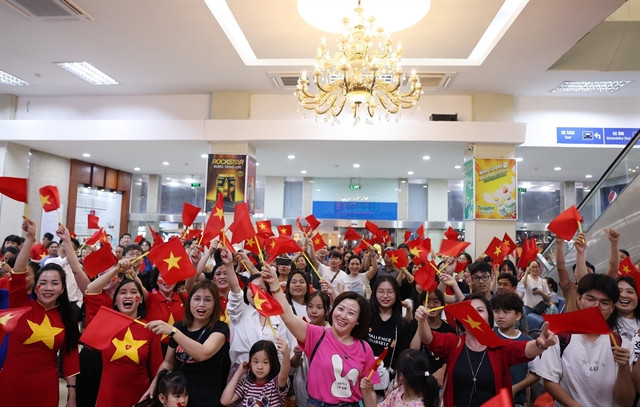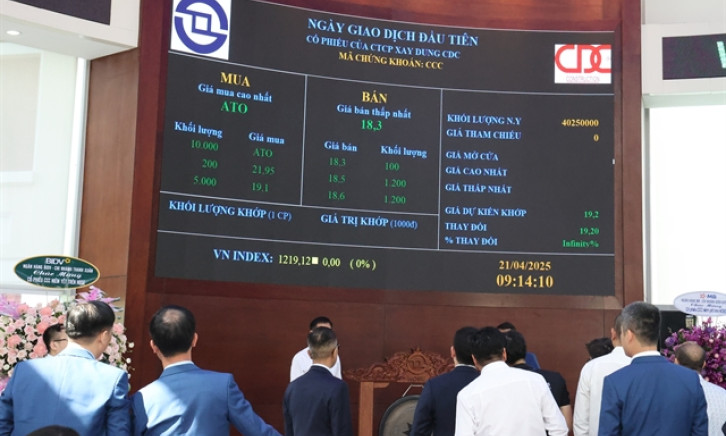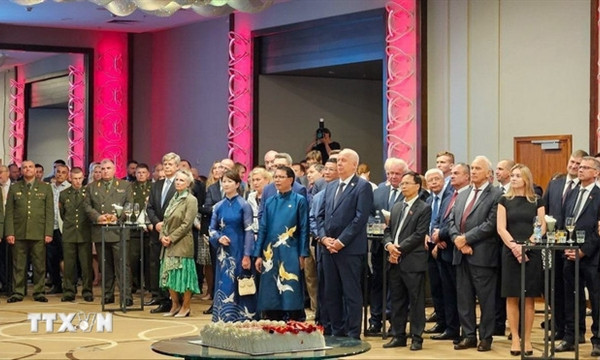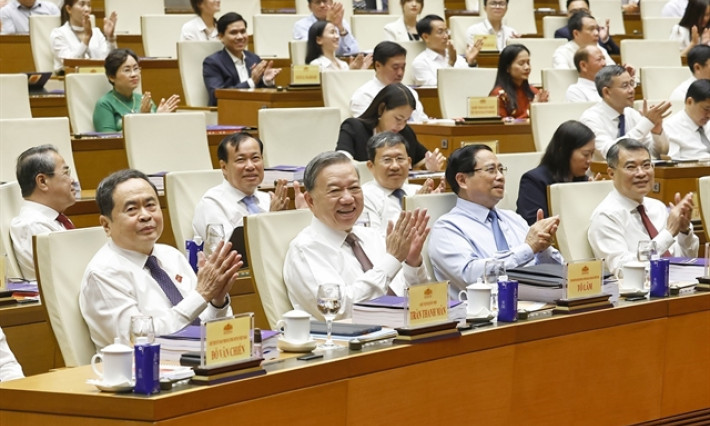Việt Nam to engage in human rights dialogue with UN Committee in Switzerland
Deputy Director-General of the Department of International Cooperation at the Ministry of Justice Đào Quý Lộc said that in the spirit of openness, sincerity, cooperation and constructive engagement, the dialogue will focus on five key areas.
Việt Nam will engage in a formal dialogue with the United Nations Human Rights Committee in Switzerland on July 7 and 8.
Deputy Director-General of the Department of International Cooperation at the Ministry of Justice Đào Quý Lộc said that the dialogue will focus on five key areas and will be held in the spirit of openness, sincerity, cooperation and constructive engagement.
The realisation and respect for the right of peoples to self-determination contributes to the establishment of friendly relations and cooperation among nations, as well as to the strengthening of international peace and understanding.
Việt Nam is currently pursuing a series of transformative reforms to usher in a new era of national development.
These include comprehensive innovations in law-making and law enforcement, as well as continued efforts to build a socialist rule-of-law State “of the people, by the people and for the people.”
Expanding democratic participation and enabling citizens to play a more active role in State governance is a growing priority, with greater emphasis being placed on safeguarding civil and political rights.
In line with its consistent policy of protecting and promoting human rights and particularly civil and political rights, Việt Nam has undertaken a thorough review of its implementation of the International Covenant on Civil and Political Rights (ICCPR) and the recommendations issued by the Human Rights Committee in 2019.
Significant efforts have been made to reform institutions and legal frameworks, enforce relevant laws and policies, and enhance public awareness and education regarding civil and political rights.
Noteworthy achievements include amendments to the Penal Code, the abolition of the death penalty for eight offences, and the enactment of the Juvenile Justice Law and the revised Law on Human Trafficking Prevention and Control.
Implementation of the ICCPR in Việt Nam has followed a measured, step-by-step approach, aligned with ongoing legal and judicial reforms.
The process remains grounded in national realities and tailored to the country’s specific socio-economic conditions and development level.
While Việt Nam continues to face numerous challenges in fully implementing the ICCPR, stemming from various domestic and global factors, the country will take measures to promote, protect and better ensure the enjoyment of civil and political rights and enhance its ability to adapt to climate change, including for vulnerable groups, with appropriate steps and roadmaps in the near future.
Speaking about Việt Nam’s fourth national report under the ICCPR, Lộc highlighted the country's longstanding engagement with the covenant.
Việt Nam acceded to the ICCPR on September 24, 1982, and has now been a State Party for 43 years.
Over the decades, Việt Nam has made ongoing efforts to meet its obligations under the treaty.
Initially, the Ministry of Foreign Affairs served as the coordinating agency, leading the submission of the first two national reports in 1989 and 2001.
Since 2014, with a view to integrating ICCPR implementation more closely with Việt Nam’s legal reform process and enhancing the effectiveness of the covenant during a new phase of development, the Ministry of Justice has been assigned by the Prime Minister to serve as the national focal point for the ICCPR.
The ministry has since worked closely with relevant ministries and agencies to coordinate implementation and prepare reports for submission to the Human Rights Committee.
On March 22, 2023, Việt Nam submitted its fourth ICCPR report (covering the 2019–2022 period) to the Human Rights Committee.
On April 11, 2024, the committee issued a List of Issues in relation to the report, to which Việt Nam submitted its official response on December 19, 2024.
The ICCPR, adopted by the United Nations General Assembly in 1966 and entering into force in 1976, is one of the most significant international instruments on human rights.
With its broad scope encompassing a full range of civil and political rights, the covenant has received wide global attention.
Its importance is underscored by the fact that 174 countries are now State Parties, and its provisions remain central to global human rights discourse.






